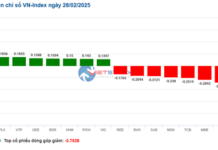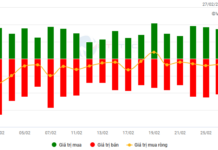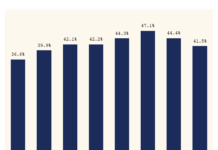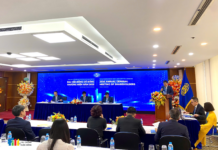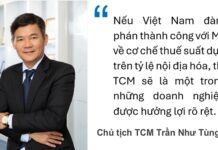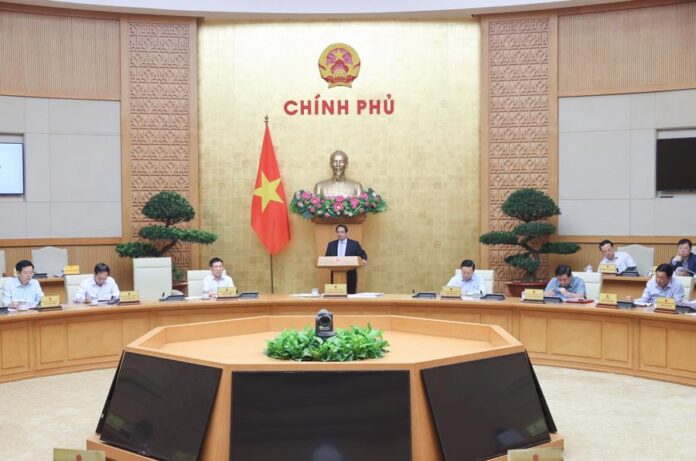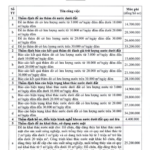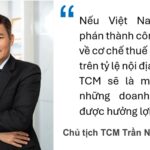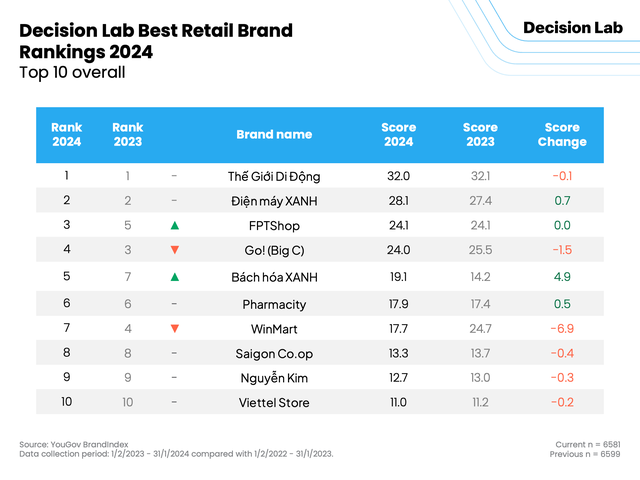The meeting was attended by Politburo members, Central Committee members, Deputy Prime Ministers, and other Government officials, including ministers, heads of departments, and Government agencies.
As per the agenda, the session discussed and provided opinions on five draft laws: (1) Law on Amending and Supplementing a Number of Articles of the Law on Planning; (2) Law on State Budget (amended); (3) Law on Amending and Supplementing a Number of Articles of the Law on Bidding, Law on Investment in the Form of Public-Private Partnership, Customs Law, Law on Export and Import Taxes, Investment Law, Public Investment Law, and Law on Management and Use of Public Assets; (4) Law on Amending and Supplementing a Number of Articles of the Law on Enterprises; and (5) Law on Amending and Supplementing a Number of Articles of the Law on Credit Institutions.
These draft laws are significant in perfecting the planning system, adapting to the new organizational model after the consolidation and merger of administrative units, and expanding the development space for each locality and region. They aim to enhance financial decentralization and delegation to local governments, with “one law amending seven laws” to create a favorable and open investment environment, promote business development, and improve the business and investment climate, making it more favorable, safe, and transparent. Additionally, they aim to improve the legal framework for effectively, safely, and practically handling bad debts of credit institutions.
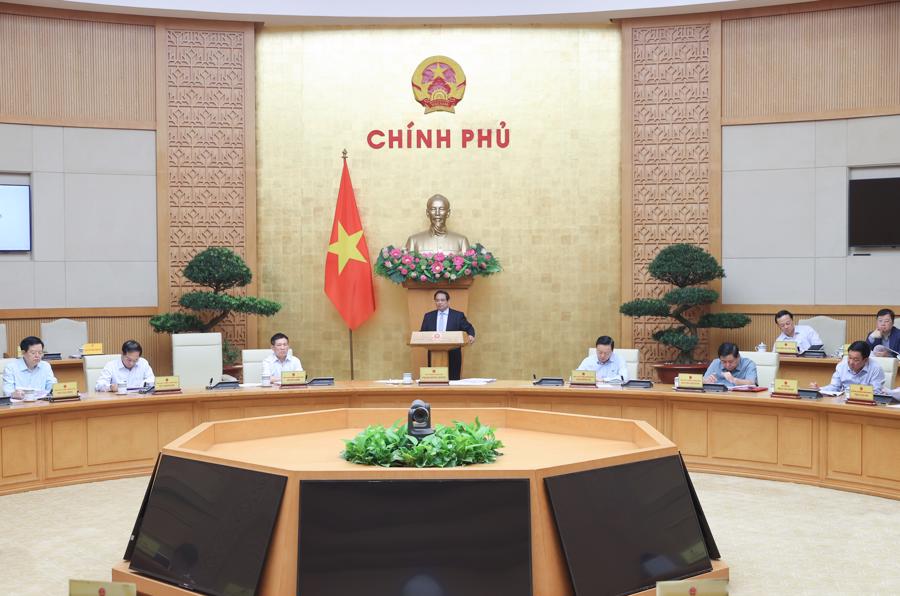
In his opening remarks, Prime Minister Pham Minh Chinh stated that at the 9th session of the XV National Assembly, the Government plans to submit 63 documents and reports, including 37 laws and normative resolutions. This is a significant number of documents with far-reaching impacts.
With the 9th session of the XV National Assembly scheduled to commence on May 5, 2025, the time left is short, but the workload is enormous, and the tasks are challenging, extensive, and complex.
Since the beginning of the year, the Government has held four law-making sessions, providing opinions and approving 24 important draft laws and resolutions. Last week, the Government organized a law-focused meeting to discuss six draft laws and resolutions.
However, due to the workload, the Government is holding this second law-focused meeting in April 2025 to provide timely opinions on the draft laws expected to be passed at the 9th session of the XV National Assembly, ensuring both quality and progress.
The Prime Minister emphasized that this meeting aims to discuss, provide opinions, and approve five essential draft laws to create a breakthrough in perfecting the socialist-oriented market economy institution, removing bottlenecks, unleashing all resources, and boosting production, thereby generating new momentum for development.
With a “faster and faster” spirit, these tasks are urgent and crucial in a rapidly changing context, requiring quick, timely, appropriate, flexible, and effective policy responses. It demands innovative thinking, approaches, and methodologies to address issues, closely adhering to reality and respecting practical experiences. This also aligns with the goal of building an independent and autonomous economy while actively, proactively, and effectively integrating into the global economy.
The Prime Minister stressed the need to remove institutional obstacles and create an open and favorable investment environment, reducing red tape and compliance costs for people and businesses. He emphasized enhanced coordination, synchronization, and effectiveness among agencies, with the best performers taking the lead. Maximum decentralization and delegation of powers to local governments should be accompanied by resource allocation, improved implementation capacity, strengthened inspection and supervision of power, and encouragement of creativity and proactiveness at all levels, following the principle of “localities decide, localities do, and localities are responsible.”
At the same time, it is imperative to abandon the mindset of “if you don’t know, don’t manage, and if you can’t manage, prohibit.” Instead, embrace the principle of “if you don’t know, don’t manage,” and allow businesses and people to take the lead in areas where they excel. Promoting digitization and ensuring network safety and security are crucial to reducing direct contact, enhancing transparency, and preventing corruption, negativity, and wastefulness.
The Prime Minister requested that delegates continue to demonstrate a sense of responsibility and focus their intellect on discussions and exchanges. He encouraged concise and clear reports and speeches that go straight to the point, focusing on essential issues and matters with differing opinions that require discussion and the Government’s guidance. Ensuring the progress and quality of the meeting is of utmost importance.
The New Proposal: A Comprehensive Review of Water Usage and Extraction Fees
A proposal to increase fees for six water-related services, including extraction and usage, by a significant margin of 40-102%.
The six revenue-enhancing adjustments: Appraisal of groundwater exploration proposals; evaluation of exploration results and groundwater reserve estimates; assessment of current groundwater extraction practices; evaluation of large-scale groundwater drilling qualifications and credentials; appraisal of surface water extraction and utilization proposals; and finally, the appraisal of seawater extraction and utilization plans.
“Looking Back and Leaving a Legacy: A Journey Through TA’s Emotional Storytelling”
“TA nhìn lại & để lại” offers a glimpse into the life and legacy of Trần Mộng Hùng, the founder of ACB Bank. This exhibition is not just a showcase of artifacts and memories; it is an emotional journey that brings to life the stories, priceless possessions, and enduring legacies that shaped the bank’s growth and development.
The Art of Negotiation: Gemadept, CII, BAF, and the Impact of US Tax Policies – Insights from the Timber, Textile, and Seafood Industries.
Large corporations on the stock market, along with their leaders, are now able to provide swift feedback to their partners, investors, and shareholders.



